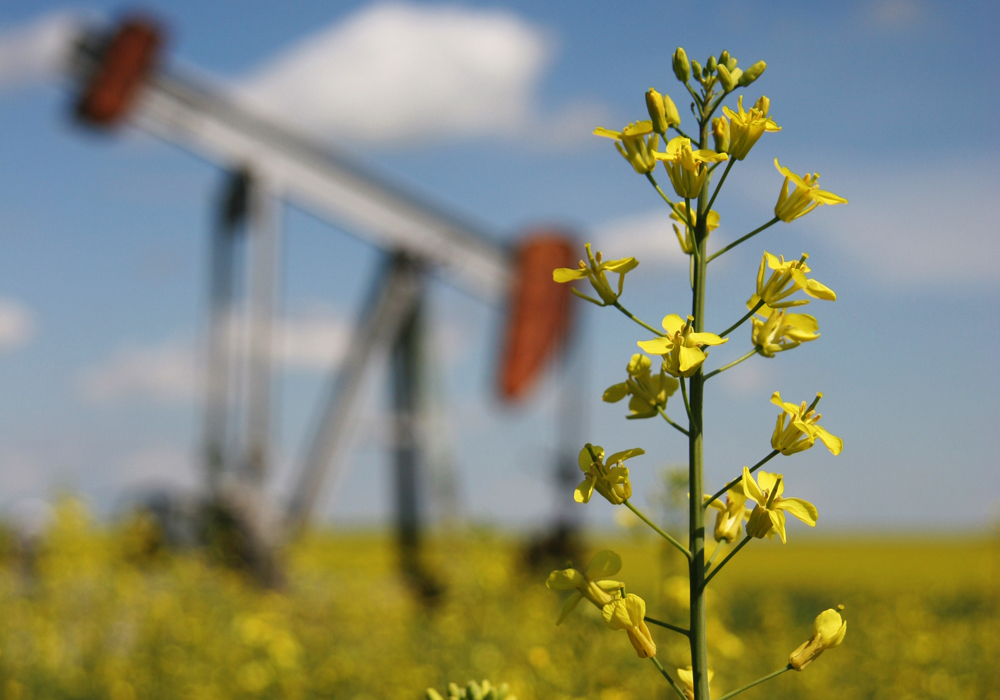The canola industry is facing an uphill battle in its push to increase domestic consumption of the crop.
Agriculture Canada’s Canola Working Group is contemplating all sorts of market diversification strategies in the wake of the loss of the Chinese market.
One of those strategies is to boost domestic consumption of the crop by increasing the federal biodiesel mandate to five percent from two percent.
Assuming canola maintains its 40 percent share of the biodiesel feedstock mix, that would result in a 1.3 million tonne annual market for the crop, up from 500,000 tonnes.
Read Also

Geopolitics can change trade routes
WHISTLER, B.C. — Today’s geopolitical tensions could have dire long-term consequences, says the director of international policy at the University…
That won’t replace the 4.8 million tonnes of seed that China bought in 2018 but it would be 800,000 tonnes of new demand and another piece of the market diversification puzzle.
However, increasing the federal mandate is proving to be a tough sell, even in an environment where the government has pledged to do anything it can to help canola growers.
Steve Pratte, policy manager with the Canadian Canola Growers Association, said Ottawa is focused on replacing biofuel mandates with its Clean Fuel Standard (CFS), which has been under development since late 2016.
Final regulations for the liquid fuels portion of the standard are set to be published in 2020. The last year for the federal biofuel mandates would be 2022.
Pratte said Agriculture Canada bureaucrats seem to understand the value of mandates.
“But the political direction is to proceed with this Clean Fuel Standard and its flexibilities and its philosophical underpinnings,” he said.
“So thanks, but no thanks.”
The objective of the Clean Fuel Standard is to achieve 30 megatonnes of annual reductions in greenhouse gas emissions by 2030. The government doesn’t care how obligated parties, such as refineries, meet those targets.
“It is non-prescriptive. It is flexible. It doesn’t pick winners and losers,” said Pratte.
Government officials say there is no way obligated parties can meet the targets without using biofuel, but oilseed crushers and biodiesel manufacturers say replacing firm mandates with flexible policies makes it harder to attract near-term investments in the sector.
“Ultimate flexibility for everyone, don’t get me wrong, it’s a laudable principle, but it muddies the investment crystal ball for companies,” said Pratte.
The other big lobbying obstacle is that biofuel tends to take a backseat to bigger policy issues in the energy sector these days, such as pipelines.
And then there is the looming federal election in October. The timing is poor for the canola sector to be “redoubling” its efforts to get a five percent national mandate in place at a time when government is gearing down for an election.
A rumoured early election in Manitoba is also potentially derailing a climate change proposal in that province that would see the provincial biodiesel mandate increased to five percent from two percent.
The CCGA was scheduled to meet with a collection of Manitoba’s cabinet ministers on June 17 to discuss the provincial mandate, but that meeting was cancelled and the association was told it wasn’t going to be rescheduled.
“They’re kind of going into turtle mode now,” said Pratte.
















